Groovy Integration Testing
with Spock and Docker

Kevin Wittek
Software Developer @ GDATA Advanced Analytics
Consultant @ Styracosoft GbR
https://groovy-coder.com
@Kiview
https://github.com/kiview




Key learnings
- Easy setup of complete test environments
- Not a lot effort to integration test using real external applications
- Development history of Docker Spock-Extension
$ git clone https://github.com/foo/bar.git
$ cd bar
$ ./gradlew build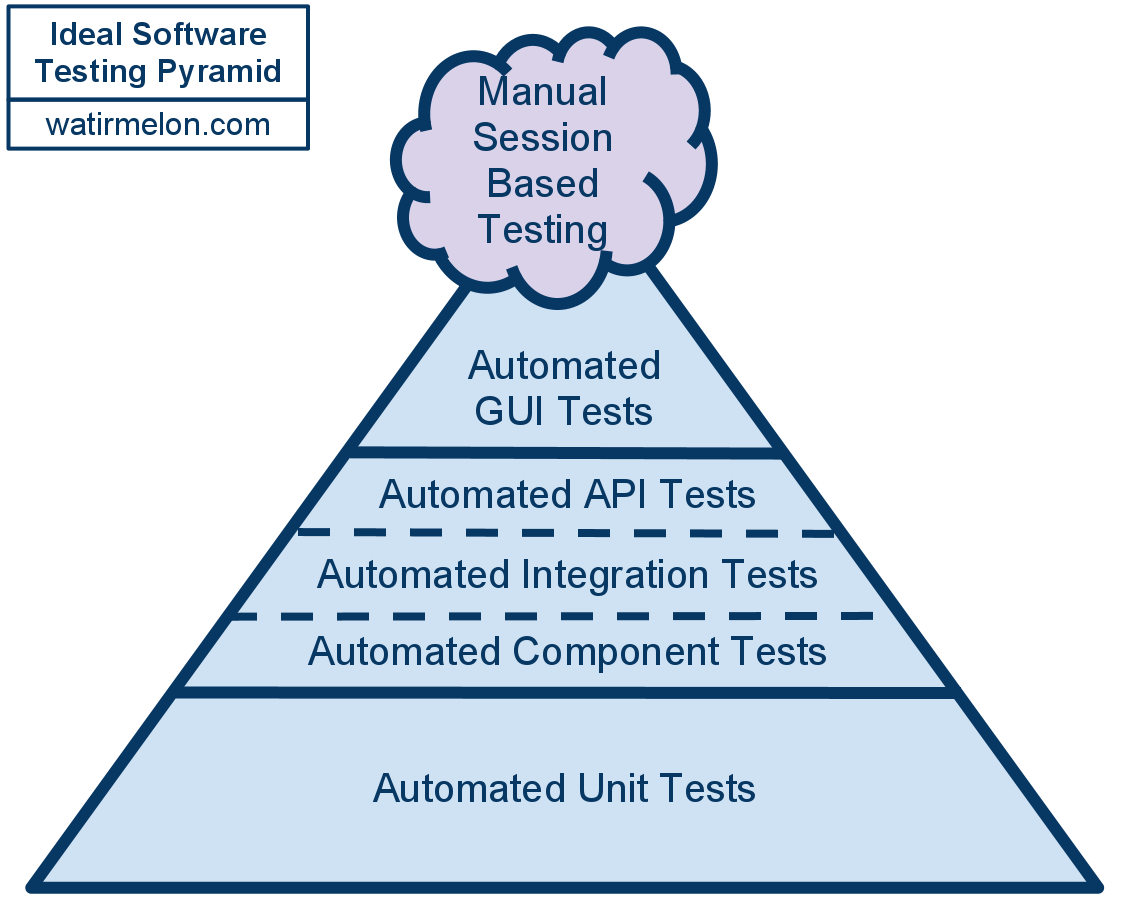
And what about Microservices?
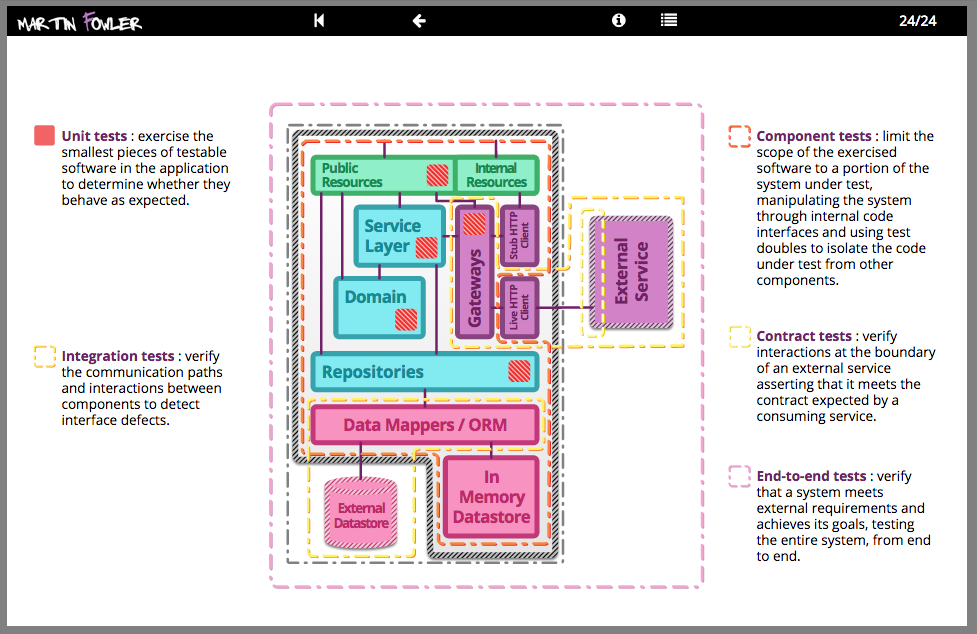
My definiton
For example:
- Launch application server
- Framework/Library interactions
- Interact with external ports (e.g. network, file system, database)
"Tests which interact with external systems/dependencies"
Which tools to use?
(in the JVM world)




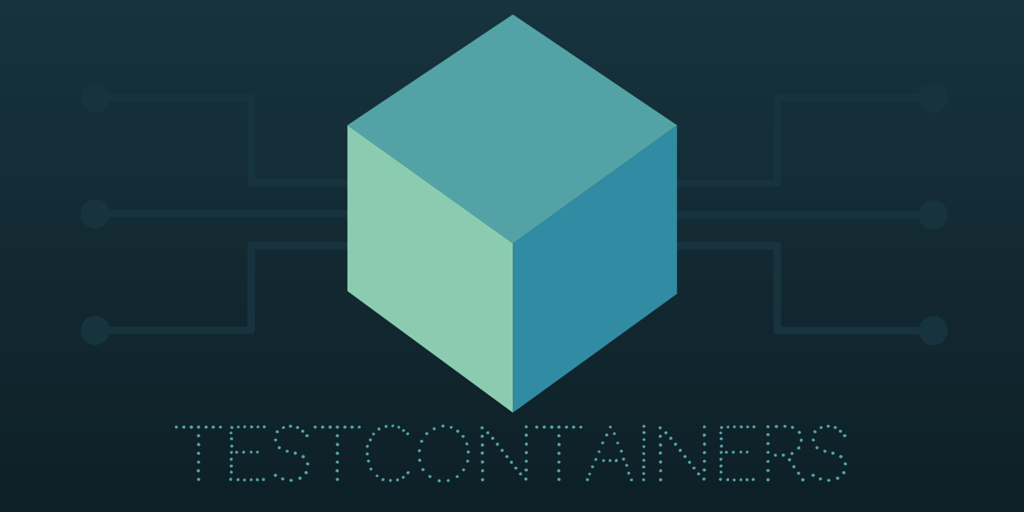
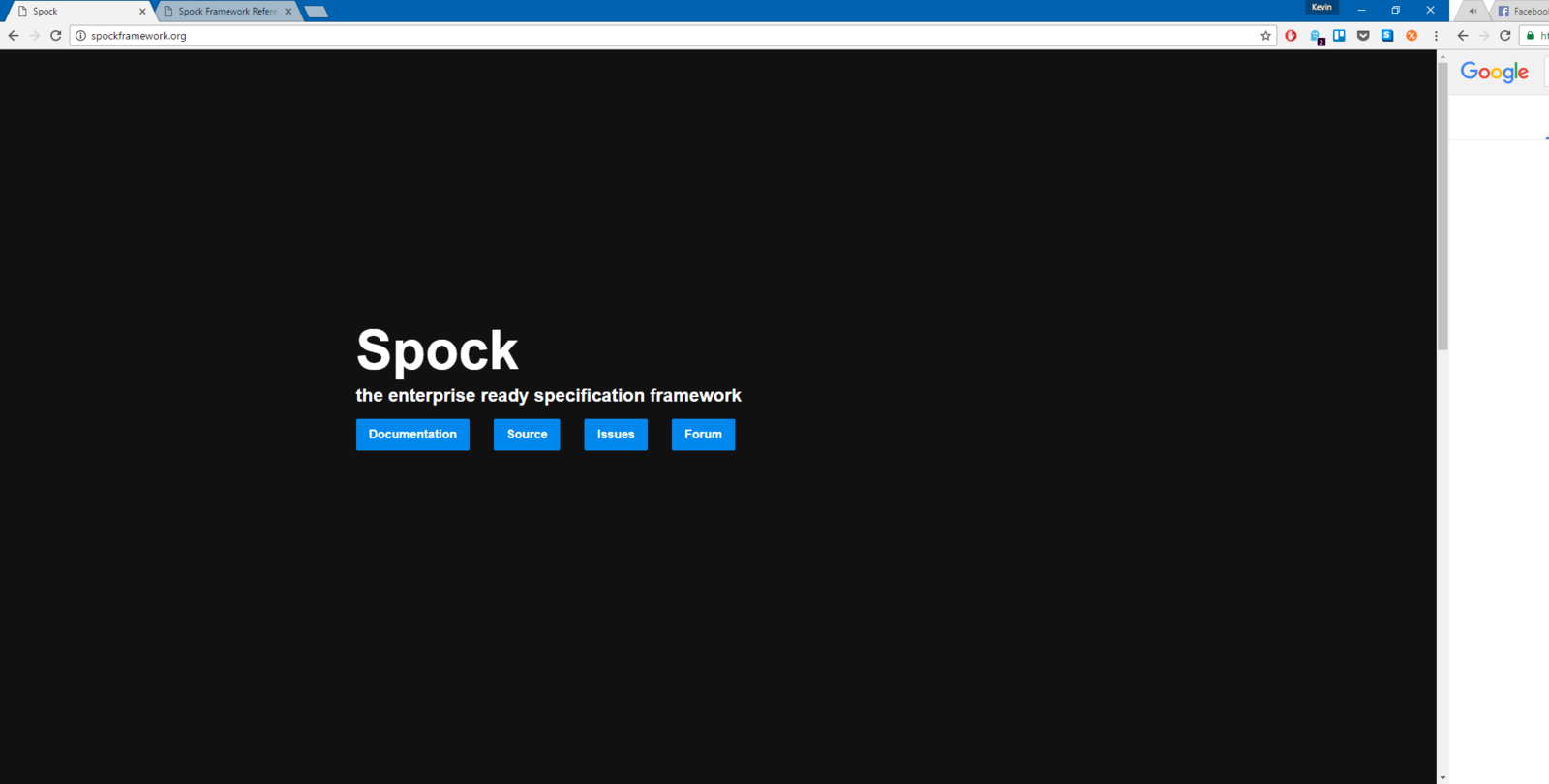
class HelloSpockSpec extends spock.lang.Specification {
def "length of Spock's and his friends' names"() {
expect:
name.size() == length
where:
name | length
"Spock" | 5
"Kirk" | 4
"Scotty" | 6
}
} 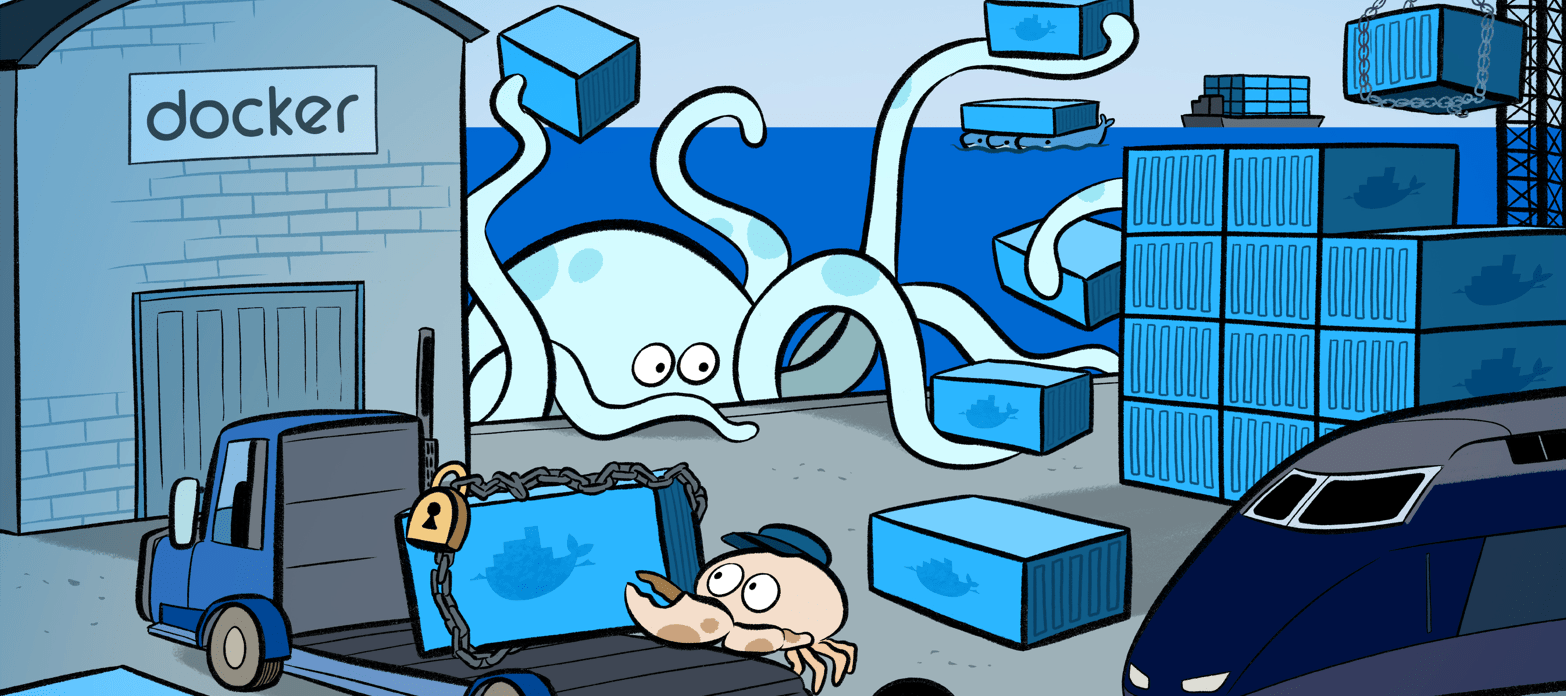
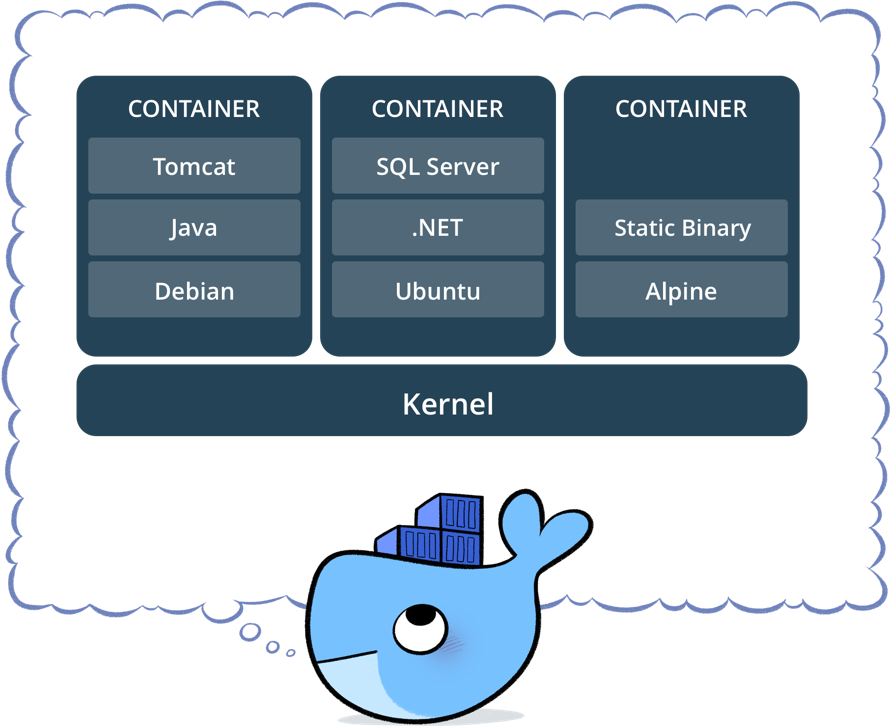
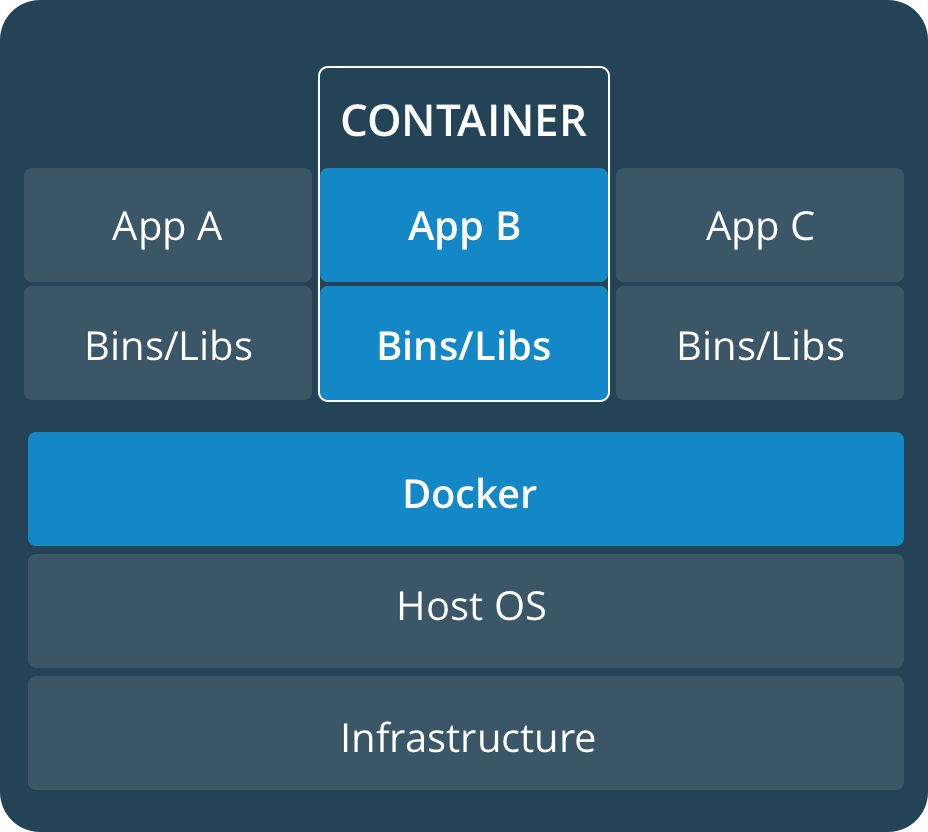
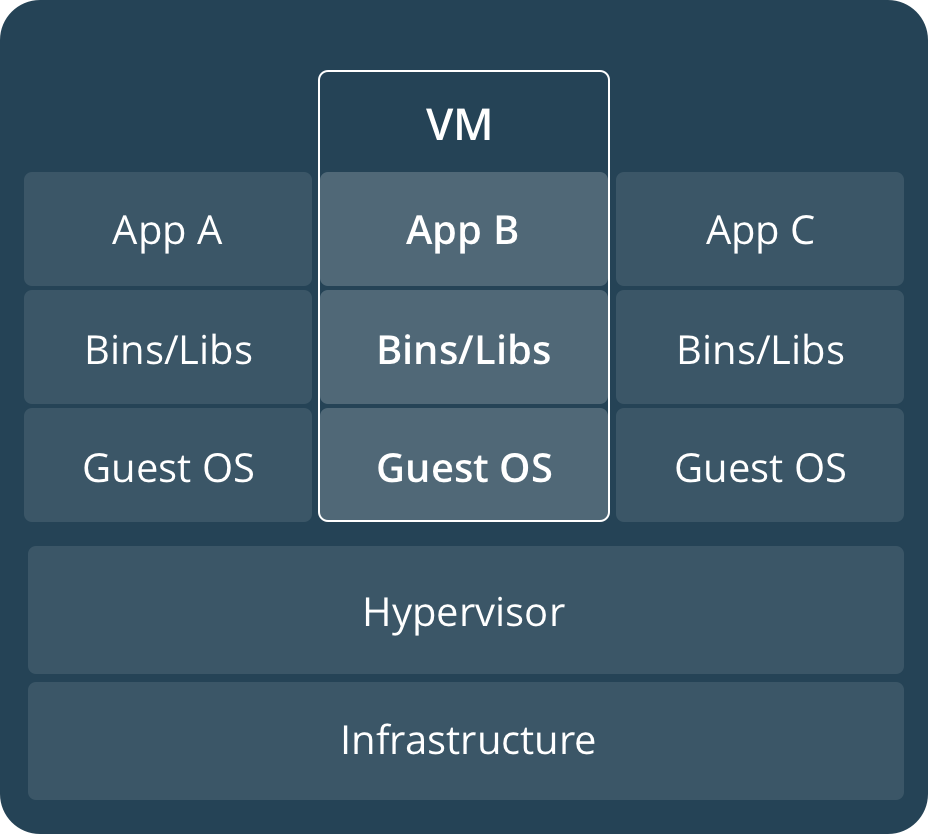
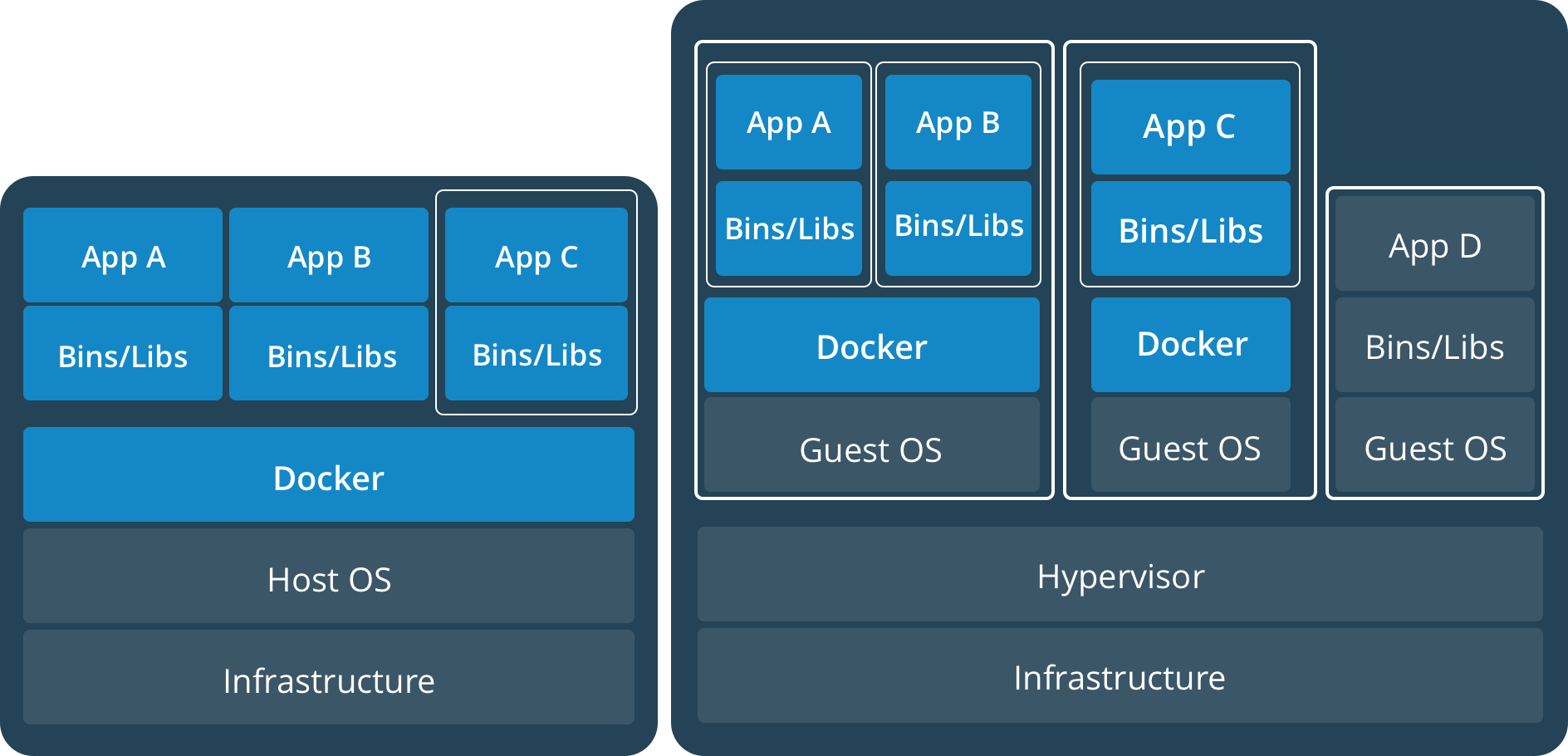
Why combine?
- Easy setup of dev environment
- Uniform build and test environments
- Also self contained and portable!
- No installation and setup of external software
- Except Docker ;)
$ git clone https://github.com/foo/bar.git
$ cd bar
$ ./gradlew buildHow to fuse both worlds?
Spock + Docker = Spocker?
@Docker(image = "emilevauge/whoami", ports = @PortBinding("8080:80"))
class DockerExtensionIT extends Specification {
def "should start accessible docker container"() {
given: "a http client"
def client = HttpClientBuilder.create().build()
when: "accessing web server"
def response = client.execute(new HttpGet("http://localhost:8080"))
then: "docker container is running and returns http status code 200"
response.statusLine.statusCode == 200
}
}First commit
class DockerMethodInterceptor extends AbstractMethodInterceptor {
private final DockerClientFacade dockerClient
DockerMethodInterceptor(Docker docker) {
this(new DockerClientFacade(docker))
}
DockerMethodInterceptor(DockerClientFacade dockerClient) {
this.dockerClient = dockerClient
}
@Override
void interceptSpecExecution(IMethodInvocation invocation) throws Throwable {
dockerClient.startContainer()
invocation.proceed()
dockerClient.stopContainer()
}
}First commit
class DockerClientFacade {
private final Docker imageConfig
private final DockerClient dockerClient
private static final Logger LOGGER = LoggerFactory.getLogger(DockerClientFacade)
private String id
DockerClientFacade(Docker containerConfig) {
this.imageConfig = containerConfig
dockerClient = initializeClient()
}
private static DockerClient initializeClient() {
def clientConfig = DefaultDockerClientConfig.createDefaultConfigBuilder()
return DockerClientBuilder.getInstance(clientConfig).build()
}
void startContainer() {
def portBindings = parsePortBindings()
ensureImageExists()
id = createContainer(portBindings)
dockerClient.startContainerCmd(id).exec()
}
private String createContainer(List<PortBinding> portBindings) {
dockerClient.createContainerCmd(imageConfig.image())
.withPortBindings(portBindings)
.exec().id
}
private void ensureImageExists() {
try {
dockerClient.inspectImageCmd(imageConfig.image()).exec()
} catch (NotFoundException e) {
dockerClient.pullImageCmd(imageConfig.image()).exec(new PullImageResultCallback()).awaitSuccess()
}
}
void stopContainer() {
dockerClient.stopContainerCmd(id).exec()
try {
dockerClient.removeContainerCmd(id).exec()
} catch(InternalServerErrorException e) {
LOGGER.error("error while removing the container", e)
}
}
List<PortBinding> parsePortBindings() {
def ports = imageConfig.ports().first()
return [parsePortBinding(ports)]
}
private PortBinding parsePortBinding(com.groovycoder.spockdockerextension.PortBinding ports) {
def parsedBinding = PortBinding.parse(ports.value())
return parsedBinding
}
}First commit
class DockerClientFacade {
DockerClient dockerClient
String image
Map clientSpecificContainerConfig
def containerStatus
DockerClientFacade(Docker containerConfig) {
image = containerConfig.image()
dockerClient = new DockerClientImpl()
clientSpecificContainerConfig = new DockerContainerConfigBuilder(containerConfig).build()
}
void startContainer() {
containerStatus = dockerClient.run(image, clientSpecificContainerConfig, "latest")
}
void stopContainer() {
def id = containerStatus.container.content.Id
dockerClient.stop(id)
dockerClient.rm(id)
}
}Switch to gesellix/docker-client
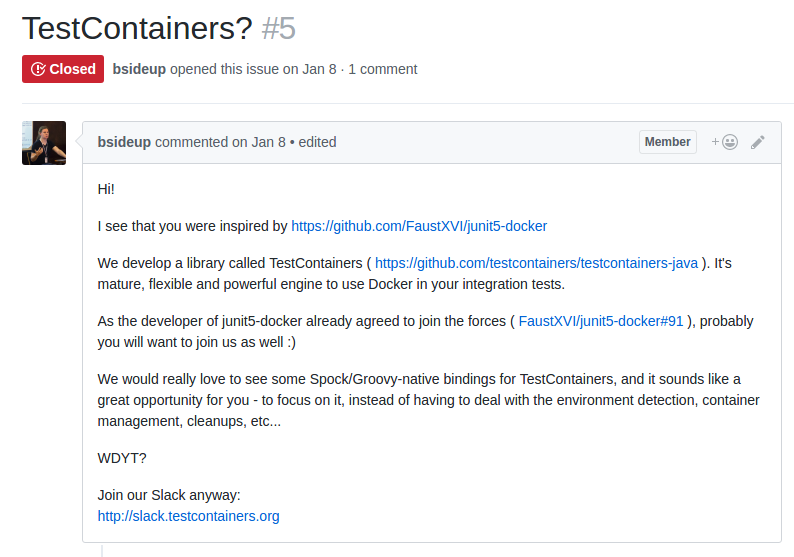

// Set up a redis container
@ClassRule
public static GenericContainer redis =
new GenericContainer("redis:3.0.2")
.withExposedPorts(6379);- Generic Containers
- Specialized Containers (Databases, Selenium)
- Dockerfile
- Dockerfile DSL
- Docker-Compose
- WaitStrategy
- Docker environment discovery (e.g. docker-machine, DOCKER_HOST, ...)
Using testcontainers as docker-client
class DockerClientFacade {
FixedHostPortGenericContainer dockerClient
final String name
final String[] ports
final String image
final Env[] env
WaitStrategy waitStrategy
DockerClientFacade(Docker containerConfig) {
name = containerConfig.name()
ports = containerConfig.ports()
env = containerConfig.env()
this.image = concatImageWithDefaultTagIfNeeded(containerConfig.image())
waitStrategy = ((Closure) containerConfig.waitStrategy().newInstance(this, this))()
}
private static String concatImageWithDefaultTagIfNeeded(String image) {
(image.contains(":")) ? image : image + ":latest"
}
void run() {
try {
start()
} catch (ContainerLaunchException e) {
throw new DockerRunException("Error running the container", e)
}
}
void rm() {
dockerClient.stop()
}
void start() {
dockerClient = new FixedHostPortGenericContainer(image)
ports.each { String portMapping ->
def split = portMapping.split(":")
dockerClient.withFixedExposedPort(split[0].toInteger(), split[1].toInteger())
}
env.each { Env e ->
dockerClient.withEnv(e.key(), e.value())
}
dockerClient.waitingFor(waitStrategy)
dockerClient.start()
}
void stop() {
dockerClient.stop()
}
String getIp() {
//noinspection GrDeprecatedAPIUsage
dockerClient.containerInfo.networkSettings.ipAddress
}
}Annotations a good idea?
@Docker(image = "postgres", ports = ["5432:5432"], env = [
@Env(key = "POSTGRES_USER", value = "foo"),
@Env(key = "POSTGRES_PASSWORD", value = "secret")
],
waitStrategy = { new JdbcWaitStrategy(username: "foo",
password: "secret",
jdbcUrl: "jdbc:postgresql:foo",
driverClassName: "org.postgresql.Driver",
testQueryString: "SELECT 1") })
def "waits until postgres accepts jdbc connections"() {
// tests
}
Fully embrace testcontainers
@Testcontainers
class TestContainersClassIT extends Specification {
WaitStrategy postgresWaitStrategy = new JdbcWaitStrategy(
username: "foo",
password: "secret",
jdbcUrl: "jdbc:postgresql:foo",
driverClassName: "org.postgresql.Driver",
testQueryString: "SELECT 1")
@Shared
GenericContainer genericContainer = new GenericContainer("postgres:latest")
.withExposedPorts(5432)
.withEnv([
POSTGRES_USER: "foo"
POSTGRES_PASSWORD: "secret"
])
Demo!
Docker-Compose
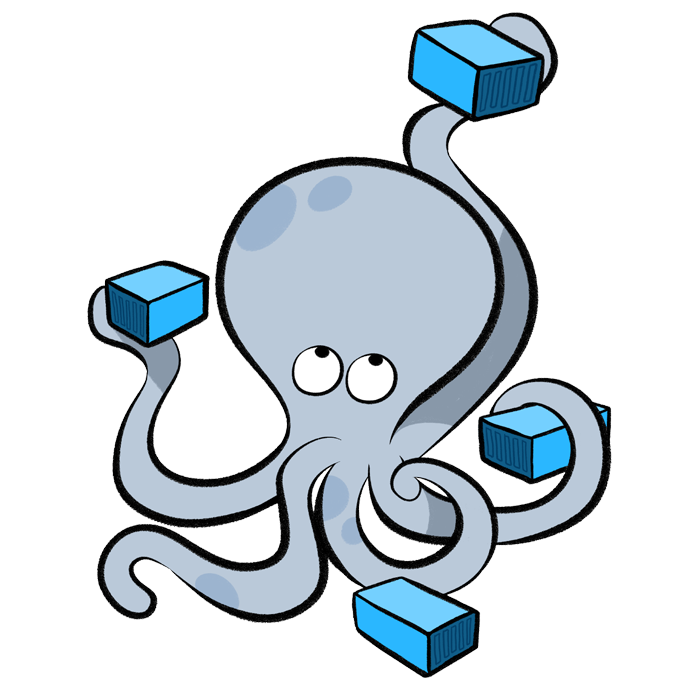

version: "3"
services:
vote:
image: vote-frontend
command: python app.py
volumes:
- ./vote:/app
ports:
- "5000:80"
redis:
image: redis:alpine
ports: ["6379"]
worker:
image: worker
db:
image: postgres:9.4
result:
image: result-frontend
command: nodemon --debug server.js
volumes:
- ./result:/app
ports:
- "5001:80"
- "5858:5858"
class GebHomepageSpec extends GebSpec {
def "can access The Book of Geb via homepage"() {
when:
to GebHomePage
and:
highlights.jQueryLikeApi.click()
then:
sectionTitles == ["Navigating Content", "Form Control Shortcuts"]
highlights.jQueryLikeApi.selected
}
}Moar Demo!
CI inside containers?

Docker in Docker - DinD




Docker Wormhole
Docker Wormhole
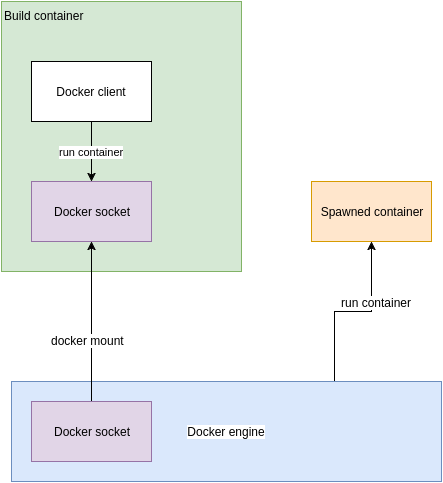

Future
- Better support for Docker networking
- Improve Windows support
- Build and test inside containers with full IDE support
Resources


Integration testing with Spock and Docker (Gr8conf)
By Kevin Wittek
Integration testing with Spock and Docker (Gr8conf)
- 3,910



